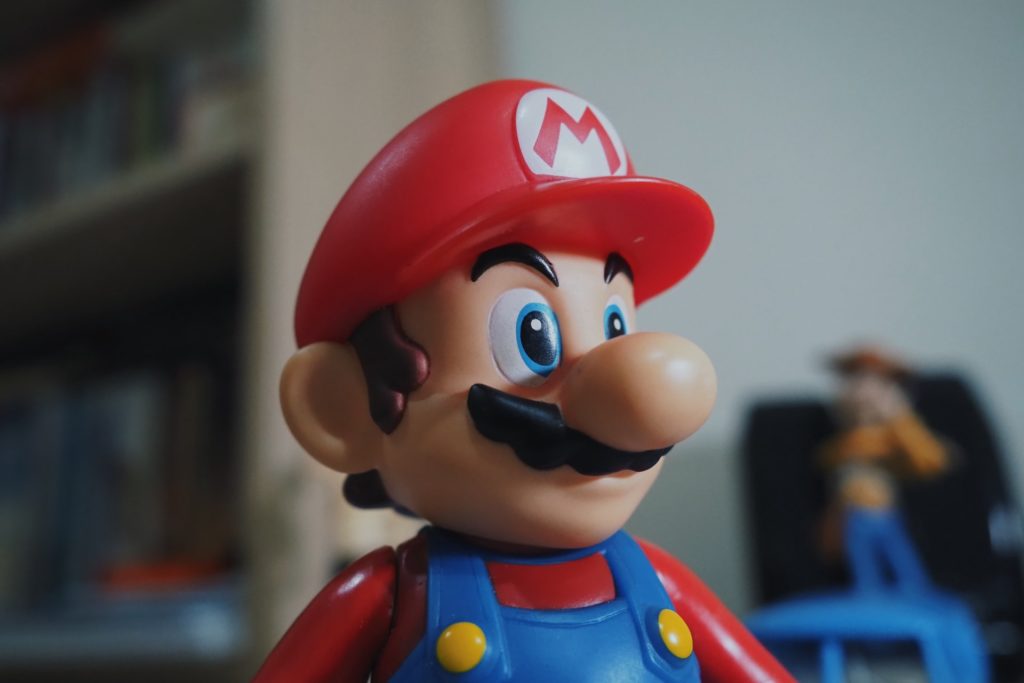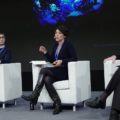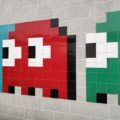
It encourages teamwork, increases productivity, brings out true talents and - it seems - also reduces absenteeism. Let's talk about the gamification. A tool that is gaining ground in the world of human resources 2.0. The first to use it was the well-known hotel chain Marriot coining the online game "My Marriot". Halfway between Farmville and The Sims, My Marriot asked players to solve activities related to the world of hotels and restaurants. For example: managing a customer with difficult tastes, ordering the right amount of food so that the kitchen does not remain out of stock, taking care of quick check-in times, and so on.
But what led the company's recruiters to choose this selection method? The disruptive element. The candidate, in fact, finds himself having to solve concrete but unexpected cases and through the mechanism of the game brings out their skills, without the classic filters and barriers that usually accompany a traditional interview.
Glickon, algorithms for selecting candidates
«Simplification is the key word» comments Filippo Negri, CEO and co-founder of Glickon, a company specialized in people experience and analytics dedicated to HR and management. In 2015 they launched the Candidate Experience, that is a solution based on adaptive algorithms, data science and gaming experience that allows you to speed up and rationalize the process of selecting new resources, skimming applications and looking for an effective match between what the candidate claims to knowledge and its real skills.
But not just in recruiting. Gamification is also increasingly used in training and learning processes. Through this tool, in fact, companies are able to engage their employees more and to receive important feedback for the organization of the teams. Deloitte, for example, he applied gamification techniques to his leadership training program, stimulating executives to actively participate, generating a real challenge within the challenge, complete with scores and rankings.
From Mc to Microsoft, corporations run to play
The same thing he did McDonald's, using a “gamification based” approach to facilitate the understanding of the new checkout system implemented in over 1300 stores around the world. While Microsoft decided to use a "productivity game" solution to encourage its employees - from all over the world - to participate in the final language revision process of Windows interfaces. All this, leveraging on a strong moral involvement and investing employees with a specific responsibility - the safeguarding of their linguistic idiom -, thus making them feel almost like modern heroes.
But the examples could still be many: from Google to MSC Cruises, from Satispay to Intesa Sanpaolo, even reaching military training and air transport. Gamification is, in fact, increasingly widespread and will be increasingly so, as it is also considered particularly useful for hiring new workers under 35, who are not used to traditional recruiting and retention models. He was therefore right Jesse Schell, professor of Carnegie Mellon University, when in 2010 in Las Vegas he predicted the boom of gaming, stating: «It will leave the console and PCs to enter every moment of our life. Even brushing our teeth can bring us some bonuses ».
Silvia Pagliuca






